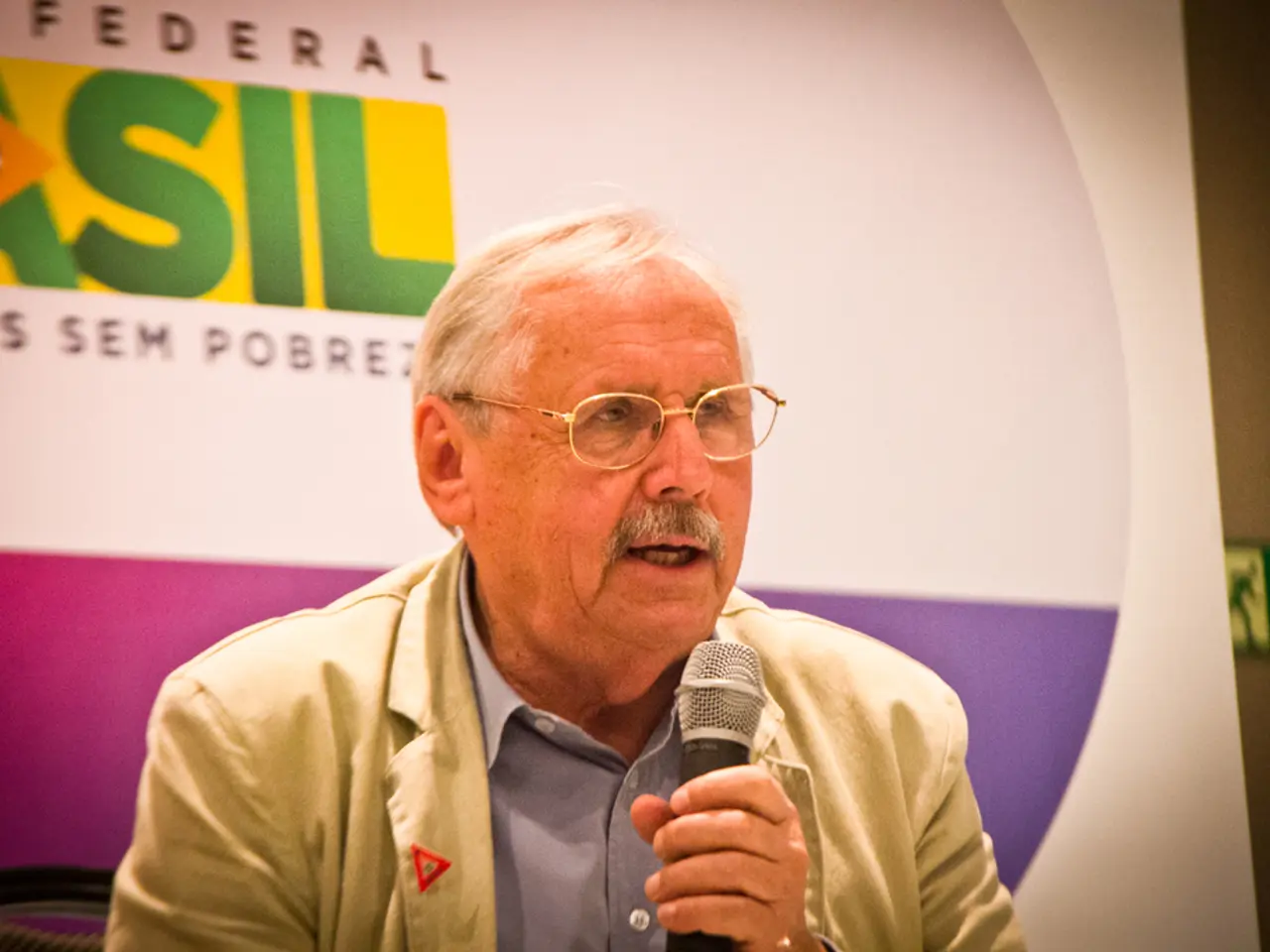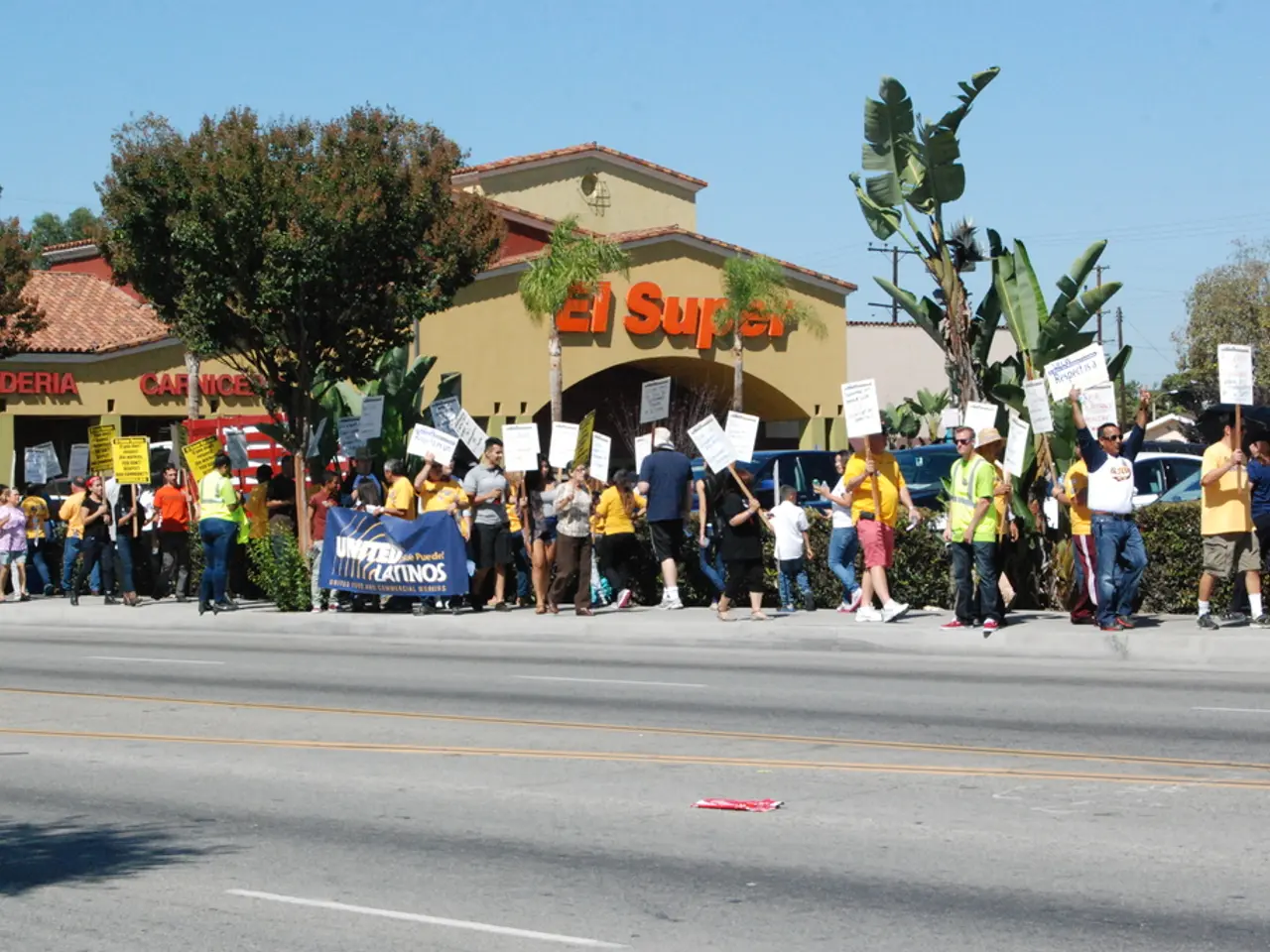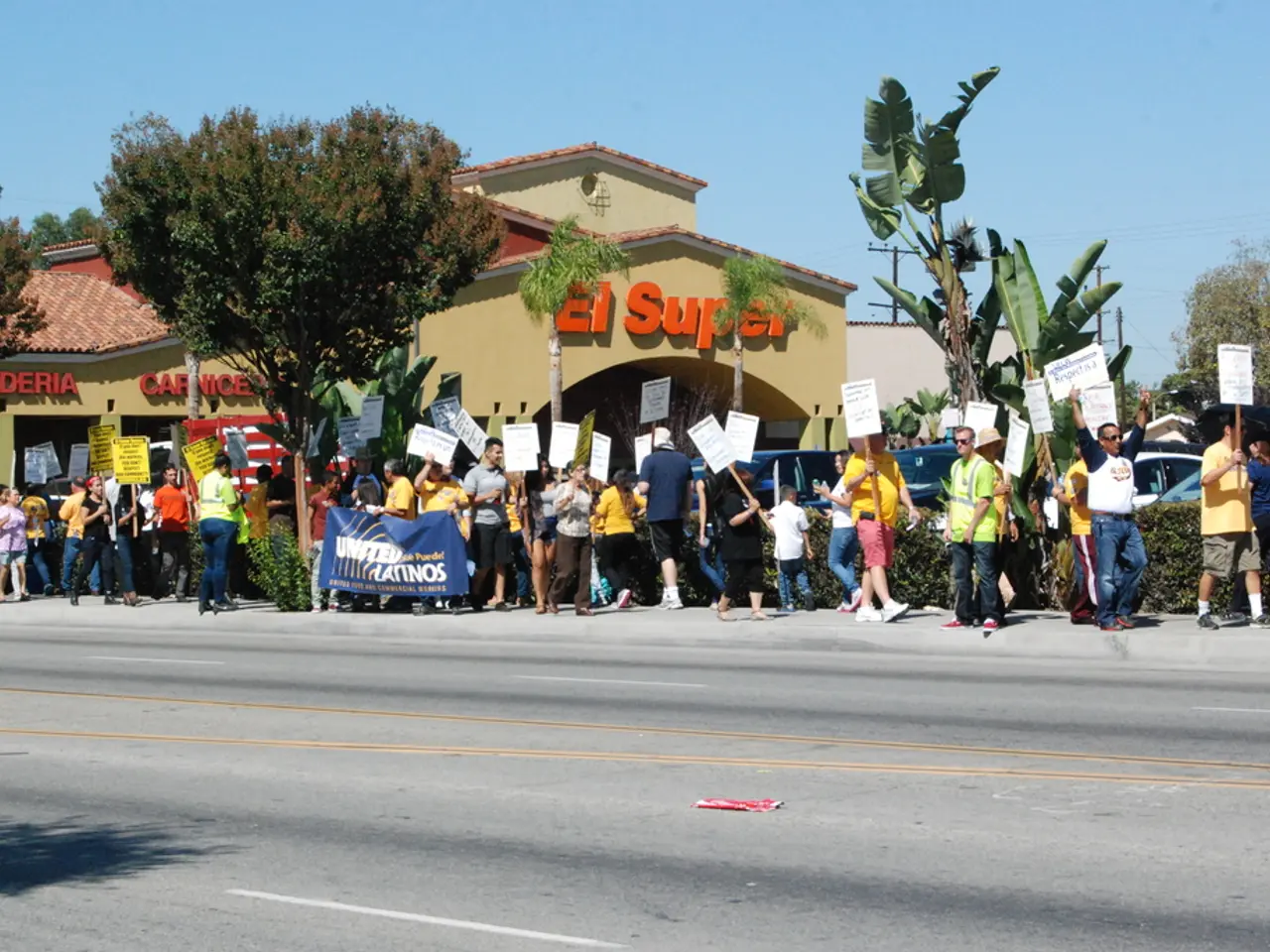Political party, FDP, initiates development of fresh program following election setback
The FDP's Renewal and New Basic Program: A Focus on Liberal Policies and Openness
The Free Democratic Party (FDP) in Germany, following their setback in the February federal election, has embarked on a content-related reorganization and the development of a new basic program. The party's key thematic priorities revolve around liberal economic policies, modernization, and openness in migration and integration policies.
In economic matters, the FDP is identified as a pro-market, liberal party focused on economic liberalization and modernization. This aligns with their historical stance on promoting individual freedom, entrepreneurship, and innovation within a market economy.
When it comes to migration and integration, the FDP appears to support a more modern, needs-oriented, and humanitarian approach to immigration policy. This includes reforms targeted at skilled labor and educational migration. However, coalition dynamics and government changes have led to some reversals, such as reinstating migration “restrictions,” highlighting the challenge of balancing openness with capacity for integration.
The FDP's role in coalition governments, often as a junior partner, exposes it to societal challenges related to preventing extremist parties from gaining influence, managing voter polarization, and ensuring stable governance that can implement reform agendas. The party's new basic program likely addresses challenges such as economic stagnation, youth voter disillusionment, and rising political fragmentation, as indicated by their presence in recent election dynamics and coalition talks that stress the need for change to prevent far-right advances.
The party renewal and the development of the new basic program are starting with listening to the public. Surveys, aimed at both members and politically interested non-members, will help the FDP develop concrete political solutions from autumn onwards. The survey of members about their political concerns and expectations started today, and it will be extended to non-members in a few days.
Christian Dürr succeeded Christian Lindner as party chairman at a federal party conference, and Nicole Büttner was elected as the new general secretary at the same event. The survey of members and non-members is part of a broader personnel renewal initiative within the FDP.
The new basic program aims to address thematic priorities and central societal challenges, and it is intended to involve both members and the public in its development. The FDP intends to identify these challenges with the help of artificial intelligence. The party missed the 5% hurdle with 4.3% of second votes in the February federal election, and since then, they have not been represented in parliament.
References:
- The Free Democratic Party (FDP) of Germany
- FDP's Economic Policies
- FDP's Migration Policies
- FDP in Coalition Governments
- FDP's Role in Preventing Far-Right Advances
- The FDP's new basic program, focusing on liberal policies and openness, will include a strategic approach to policy-and-legislation across various domains, including economics, migration, and general-news matters.
- As the FDP embarks on a renewal process and develops a new basic program, they plan to engage both members and the public through surveys, aiming to incorporate diverse perspectives in shaping their policy-and-legislation agenda and adapting to the evolving political landscape of German politics.





